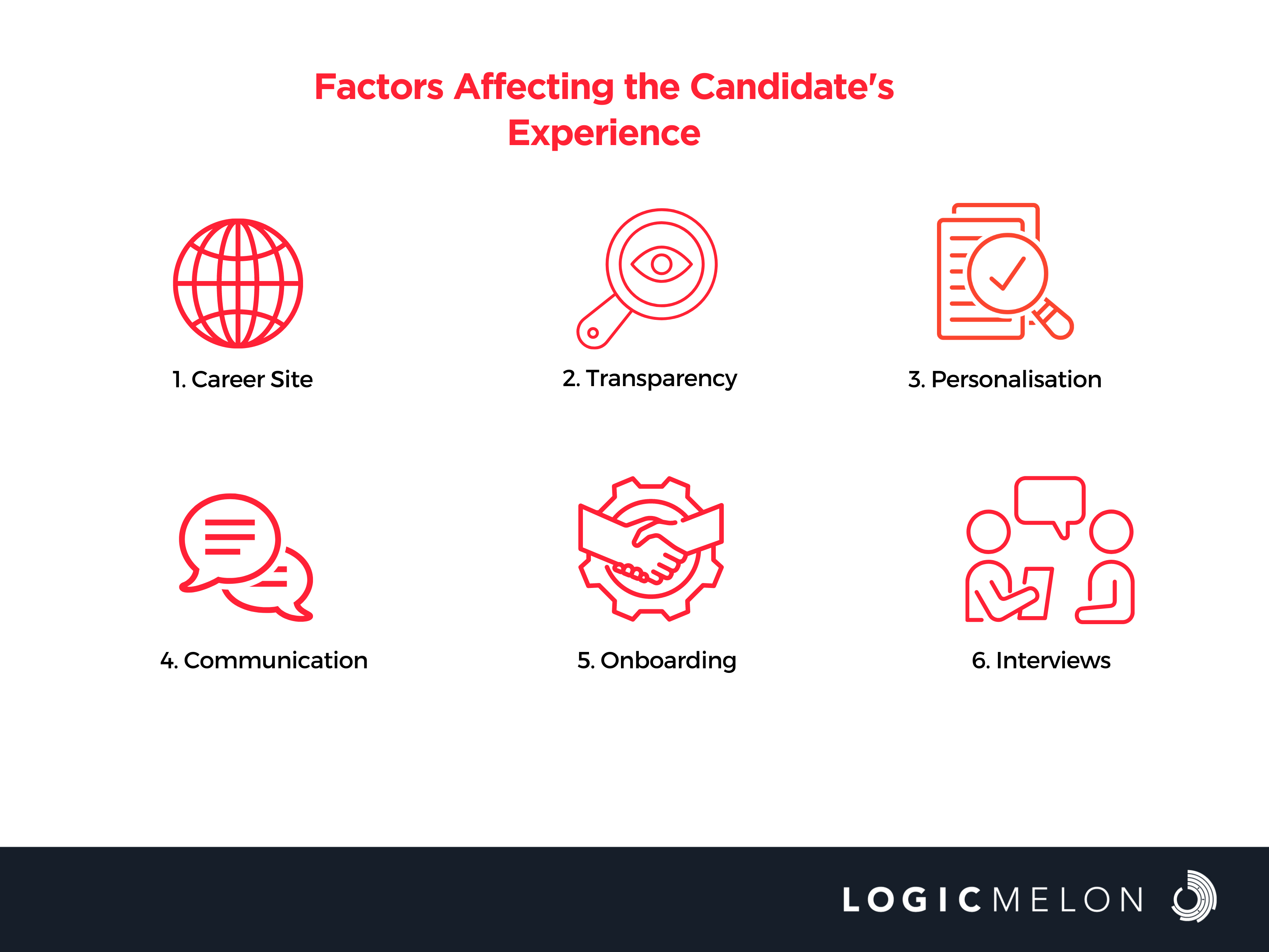Why Candidate Experience Could be Killing Your Recruitment and Retention Strategy
Recruiting in this modern era is challenging; we are in a candidate-driven market. You want candidates who are excited about their roles in your company, and you must be able to provide them with the right candidate experience for them to take up those roles.
What is Candidate Experience, and why does it matter?
Candidate experience is also the candidate’s first instinct in the organisation. It includes every part in which candidates interact with employers, including the job advertisement, the application process, the preliminary assessment, and subsequent communications.
Since we are in an employee-led era where employers need talented employees to fill open positions in their organisations, it is essential to ensure that candidates have an experience that represents the company’s values and cultures during the recruitment process. In this blog, you will learn about the common challenges faced when recruiting candidates and how to overcome them.
Being well-organised starts with planning the hiring process and the number of resources needed to fill the open positions in an organisation. Disorganisation breeds a bad candidate experience.
Candidate experience is how a job seeker perceives a company throughout the recruitment journey. Each step provides an opportunity to build stronger candidate relationships and show job seekers why they should work for your organisation.
Clear, consistent communication helps candidates build positive relationships and maintain those relationships throughout their recruitment process. A great candidate experience helps engage more job seekers and sway your top candidates.
During each stage of the recruitment process, employers must reconsider the candidate experience they provide, right from posting a job to handling an employment offer letter. Candidates’ performance in each stage of the recruitment process determines whether or not they are the right fit for the job.
Factors Affecting the Candidate’s Experience

1. Career Site
The career site is the first place candidates go for information. So, ensure that it is easy to navigate and contains up-to-date information. Share information about why your company is unique, why your team members work there, and the benefits of joining your team.
2. Transparency
Always be transparent about the recruitment process with job seekers, and ensure to give updated information to the candidates. Candidates will apply to your organisation after researching the company’s culture, history, and achievements. The job description should focus on the role and not the company. It is also best to tell candidates who their manager will be in the organisation. This will help them with their research and give context to growth opportunities within the organisation.
3. Personalisation
Writing an effective job description is the key to attracting the right candidates and converting them into job applicants. If an organisation does not want to hire a candidate, convey the decision to the candidate instead of keeping it to yourself.
4. Communication
Communication is equally important for candidates who do not advance in your recruitment process. The atmosphere of the workplace determines the morale of employees in the organisation, so maintain a collaborative company culture. A poor candidate experience can lead to a loss of reputation, talent, and money.
5. Onboarding
Each step provides an opportunity for the organisation to create a positive experience for them. Candidates want to work for an organisation that values their time, prioritises their well-being, and is willing to adapt to the dynamic work environment. This process is the first impression for an employee who has recently joined to effectively see how work is done at that organisation.
6. Interviews
Candidate interviews represent company culture to upcoming and potential candidates. Candidates evaluate the interview process to learn about the company. The best way to conduct an interview is to respect the candidate’s time and shorten the interview length.
Frequently Asked Questions
1. What are the factors that organisations should consider to enhance the candidate experience?
Providing detailed and accurate information about the job role on the company website, being transparent during the hiring process, and shortening the interview length.
2. How does a structured interview help the candidate experience?
A structured interview process helps you craft questions to ask each candidate to learn more about the candidate’s professional capabilities. Doing this will make it easier to compare candidates and select the best candidate for your team.
3. Why is candidate experience necessary for organisations to focus on?
Skilled talents will always be in high demand, and the candidate market is competitive. These candidates can easily reject the proposal if given a bad or below-average experience during the job application process.
Closing Thoughts
Candidate experience is how a job seeker perceives a company’s brand throughout the hiring process. Job descriptions also play a vital role in attracting talent and often serve as a candidate’s first impression of your company. Skilled talent will always be in demand since the candidate market is highly competitive. Candidates will reject you if you provide a poor candidate experience during the job application process.
The best way to craft a better candidate experience is to learn what you are doing right and what you could have done better. So, provide a feedback form to the candidates who have attended the recruitment process and assess where you could have done better. Employers must listen to this feedback to focus on creating an experience that makes candidates want to work for their organisation.
LogicMelon
Award-winning recruitment software that will find, attract, hire and analyse the way you want to work. At LogicMelon, we have experienced software recruitment marketing specialists to help you build effective recruitment solutions supported by the best customer service you’ll find anywhere!
Email: sales@logicmelon.com or call LogicMelon (UK) +44 (0) 203 553 3667 (USA) +1 860 269 3089
Interpersonal Skills that Employers Value
Employees with strong interpersonal skills are valued for their pleasantness, positive attitude, and solution-oriented attitude.
The Top 10 Organisational Skills To Put On Your Resume
Employees with strong organisational skills can manage their work, stay focused on deadlines, and handle complex projects effectively.
Navigating Current Recruitment Challenges: Insights and Strategies for Success
Recruitment is ever-changing, oscillating between high activity and stagnation. Industries adapt differently; some thrive, others falter.


